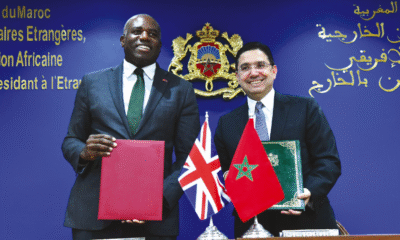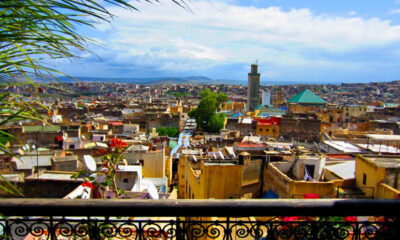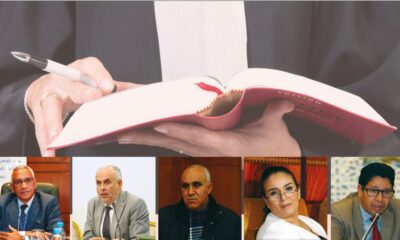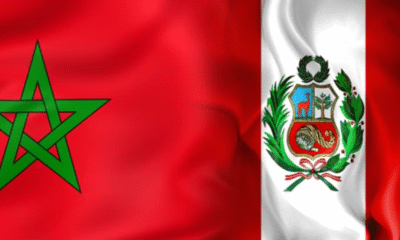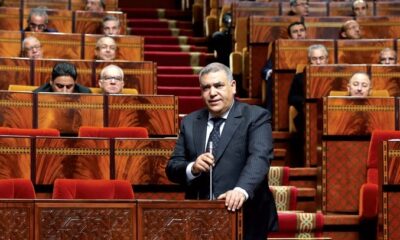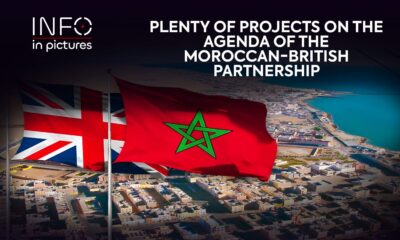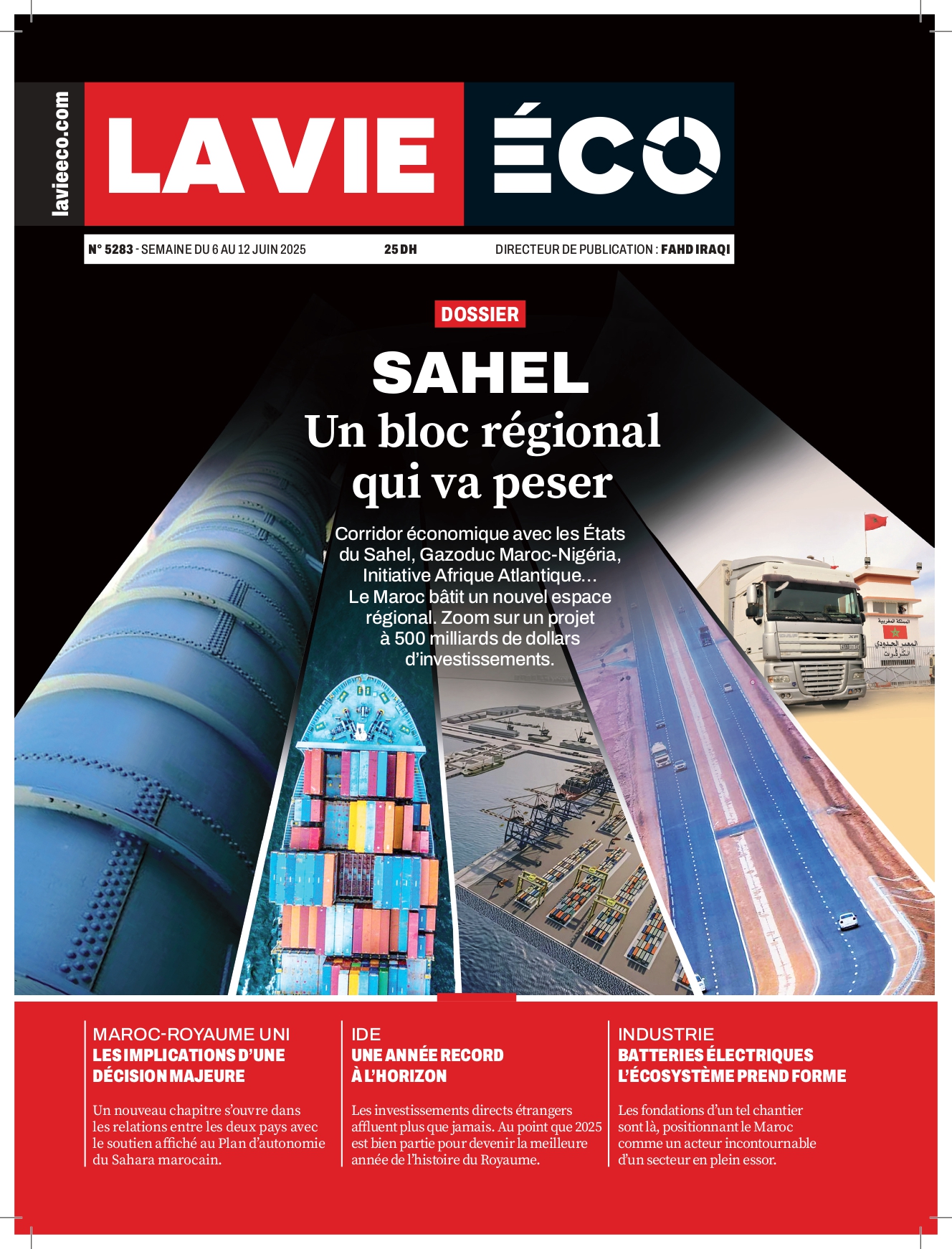Influences
Sports Diplomacy: Morocco Strengthens Its African Soft Power
In just over a month, the Kingdom has achieved two major successes. In December, it was chosen to host FIFA’s African regional office, and on Monday, January 27, it finalized a headquarters agreement with the African Clubs Association, making it the football hub of the continent.
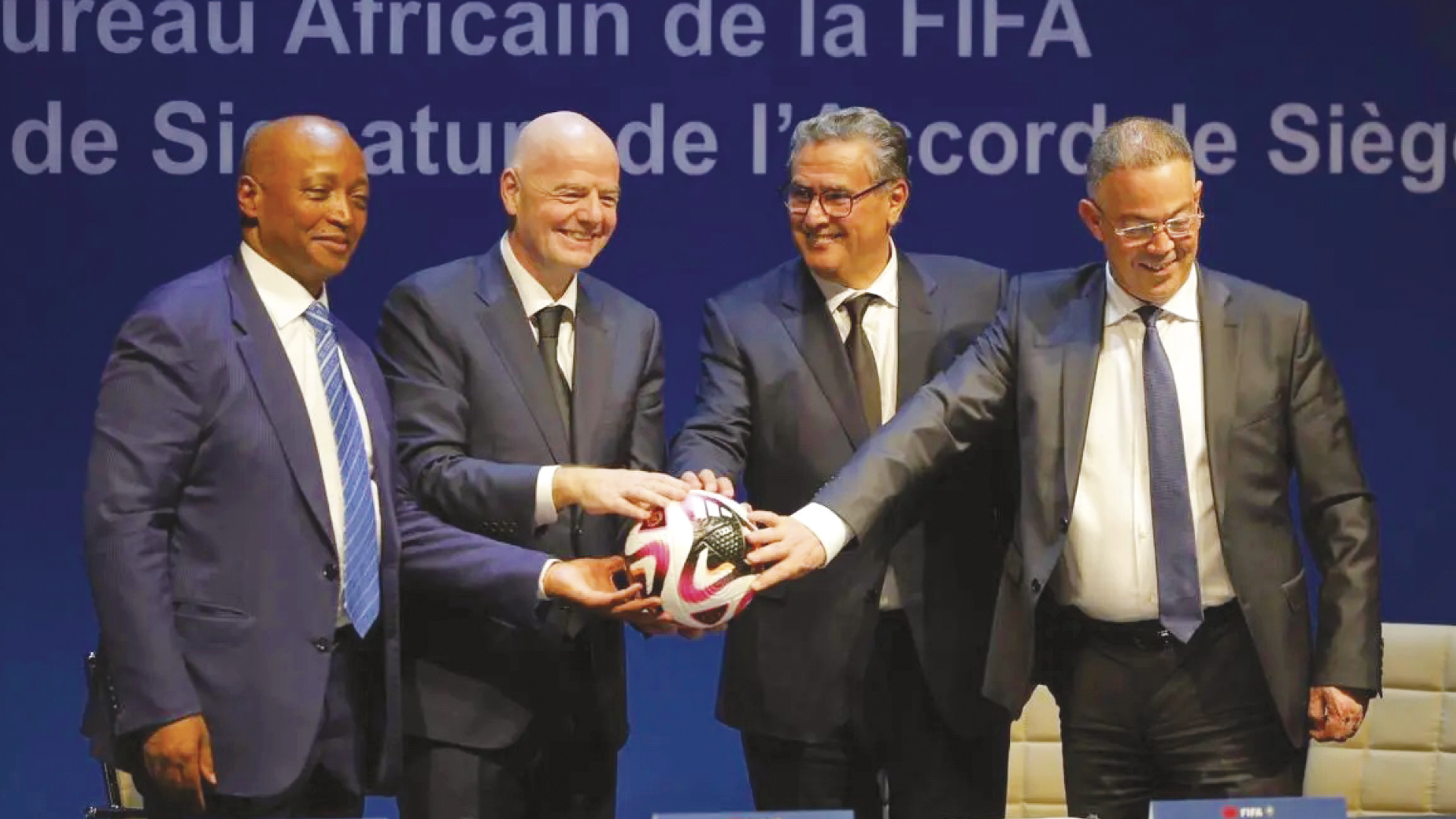
In the wake of the CAN 2025 draw held last Monday in Rabat, a significant agreement was signed at the Mohammed VI Football Complex in Salé, officially establishing the headquarters of the African Clubs Association (ACA) in Morocco. Fouzi Lekjaa, president of the Royal Moroccan Football Federation (FRMF), described the event as “a historic moment for Africa” and asserted that this entity would herald “a true revolution in football at the club level”.
The signing of this agreement, as noted, will only solidify Morocco’s standing on the African continent. This has been the focus of the Kingdom for over a decade: enhancing its soft power in Africa, with football emerging as one of the most effective tools of this sports diplomacy. Morocco has recognized this potential for years.
Back in 2015, Morocco had already established sports partnerships with Tanzania and Rwanda, committing to finance the construction of several stadiums—a mere example of its broader strategy. Since then, the FRMF has forged partnerships with 44 African federations, primarily in Sub-Saharan Africa.
These partnerships consist of renewable two-year contracts “tailored to local realities, which include support for building sports infrastructure, training managers, hosting national team camps, referee training, and organizing friendly matches”. This extensive network of bilateral agreements has since evolved into a more institutional framework.
Today, the African Football Confederation (CAF), which initiated the creation of the ACA a year ago to unify African clubs, enhance cooperation, address various challenges, and seek innovative solutions for developing African football, has chosen Morocco as the location for its headquarters.
This decision not only reaffirms Morocco’s role as a regional and continental integration force but also reflects its influence in various sectors beyond sports. When announcing its official bid to co-host the 2030 World Cup, Morocco chose to do so from Rwanda in March 2023, signaling that the organization of this major global event is not solely for Morocco, but for all of Africa.
FIFA Recognition for Morocco
Morocco has recently been honored with the establishment of the regional FIFA office, marking its growing prominence in the realm of football. On December 16, a memorandum of understanding was signed in Marrakech for the construction of this regional headquarters, which will be located near the Mohammed VI Football Center.
The signing ceremony was attended by key figures, including Head of the government Aziz Akhannouch, FRMF President Fouzi Lekjaa, FIFA President Gianni Infantino, and CAF President Patrice Motsepe. This regional FIFA office in Morocco will serve as a hub for football development across Africa, providing support to national federations and promoting initiatives aimed at elevating the standard of football on the continent.
This development positions Morocco centrally in training referees, coaches, and young African talents. Additionally, the Kingdom will facilitate the organization of regional competitions and development programs funded by FIFA.
There’s no denying that Morocco is enhancing its soft power by becoming a pivotal center for African football. This not only bolsters the country’s image on the international stage but also reaffirms its role as a bridge between Africa, Europe, and the Arab world, aligning its sports leadership with its geopolitical ambitions.
Following its impressive performance at the 2022 World Cup in Qatar, coupled with a rich history of African and global sporting achievements, modern infrastructure, active sports diplomacy, and the capability to host international events, Morocco is now positioned as a key player in the continental sports arena.
This transformation not only fosters national pride but also enhances Morocco’s image as a dynamic, modern country deeply rooted in Africa and open to the world.
An association and its objectives:
The objectives of the African Clubs Association, established in November 2023, are:
- Protect and promote the interests of African football clubs;
- Ensure that African football clubs are commercially viable and globally competitive;
- Ensure respect for referees, match commissioners, and VAR operators, and maintain the independence and credibility of these professions;
- Establish partnerships with sponsors, the private sector, and governments to build stadiums that meet CAF and FIFA standards, as well as other football infrastructure and facilities in each of the 54 CAF member associations;
- Develop talent from African youth, academies for boys and girls, and enhance the quality of African club football to make it world-class.

